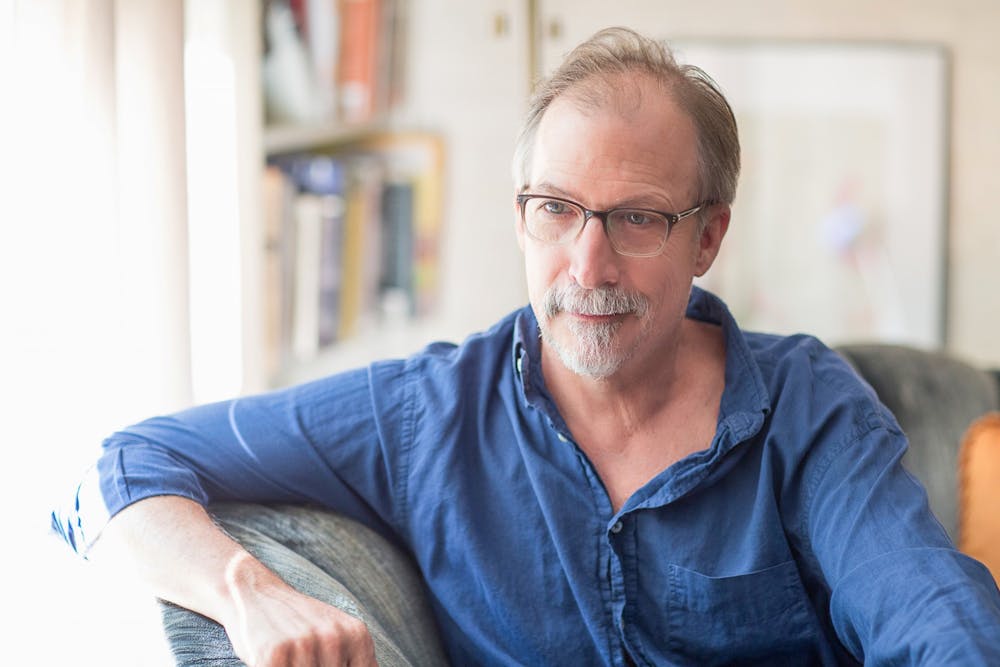Daniel Wallace, the director of UNC’s creative writing program and author of "Big Fish: A Novel of Mythic Proportions," recently finished the draft of his latest novel, titled “This Isn’t Going to End Well.”
The inspiration for his nonfiction novel, Wallace said, came after the death of his sister, Holly. When he was going through her things, he found over 20 journals belonging to her husband, William, who had committed suicide nine years earlier.
“He was a hero of mine,” Wallace said of his brother-in-law. “When your hero kills himself, you have to come to terms with that. I really hated him for a long time for killing himself, for abandoning my sister. I really didn't understand him until I spent years immersed in his diaries.”
Wallace said the journals showed another side to his brother-in-law that he had never revealed to others.
“He was really two people: this exterior world in which he was kind of heroic in a lot of ways. He was brilliant. He was an artist, a cartoonist — I think he was probably a genius,” Wallace said. “But beneath it all was just really, really dark emptiness.”
Amidst William’s journals was also information about his and his wife’s investigation of their best friend’s murder.
“I wouldn't say it was a coping mechanism,” Wallace said. “The book is really about my relationship with William, coming to learn about his secret life, coming to understand why he did what he did and his heroism in trying to bring the murder of our friend to justice.”
The new nonfiction novel is one of several projects resulting from his recent shift from creating works of fiction.
“I had been focusing almost completely on fiction since I was in my mid-20s, so that's a long time to be doing one thing,” Wallace said. “I love writing fiction but I wanted to do something that I didn't have much experience doing, to start learning again.”



